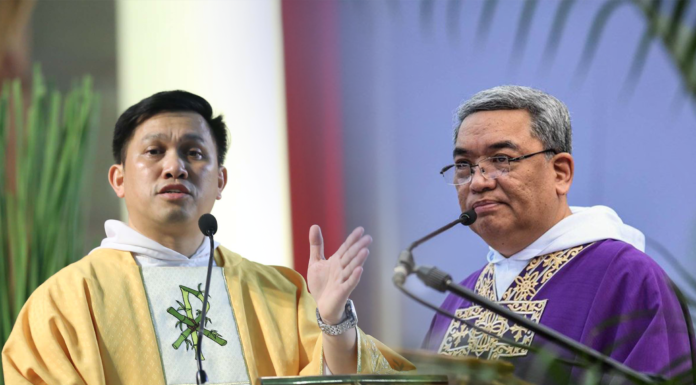A FASTER and more efficient technology has arrived in the Philippines.
The development of nanotechnology in the country is welcome, but compassion for other people and care for the environment should be given importance, a professor said in a conference about the ethical viewpoints of nanotechnology held at the Thomas Aquinas Research Complex Auditorium.
“There should be responsibility and accountability in the developing nanotechnology,”said Marciana Agnes Ponsaran, a philosophy professor from the College of Science, in the “Ika-14 na Panayam Pang-agham” held last Aug. 20.
Nanotechnology is the manipulation of matter to manufacture very small functional systems at atomic and molecular levels, ranging from one to 100 nanometers. One nanometer is one billionth smaller than a meter.
The technology can be applied to various fields of science such as chemistry, biology, physics and engineering, a reason why many countries are interested in the potentials of nanotechnology in medicine, energy production and agriculture.
“This is the reason why nanotechnology is called the next industrial revolution or the second renaissance,” Ponsaran said, adding that it is already at the peak of technology development worldwide.
In the country, Filipino scientists are starting to invest in the technology because it is smaller, cheaper, faster, lighter and more useful than most technology used by the people.
Because of the rise of interest in the field, the Department of Science and Technology (DOST) launched a roadmap in 2005 to facilitate and monitor the development of nanotechnology to meet goals that will benefit the country, focusing on aiding certain industries to have higher production output at a lower cost.
The key industries included in DOST’s plan are information and semiconductor technologies, energy, agriculture, medicine, environment and food.
‘Double-edged sword’
While nanotechnology has already been introduced in the country, Ponsaran admitted that expansion of knowledge and understanding among Filipinos are still required for this new technology to flourish, since its application may lead to unforeseen risks.
“It is like a double-edged sword,” she said. “It can be used for good but it can also result in unexpected things.”
The technology can disrupt many aspects of the society including economy, security, health and the environment.
There are suspicions that nanoparticles may gather in body organs which may cause death to the human or animal involved and diffusion of these particles to the environment may alter and harm ecosystems.
“There is much at stake in nanotechnology,” Ponsaran added. “It has many promises but it also poses many risks.”
She stressed the importance of education as an initial step in understanding and avoiding the dangers attributed to this technology that should be continued to be pursued and studied to fully utilize it.
“There is no technology that develops in a vacuum state of mind,” Ponsaran added.
East and West
Meanwhile, Ponsaran said Filipinos are in good position to help improvenanotechnology and add knowledge in the field.
The unique characteristics of the history of the Philippines and its people—a combination of Eastern and Western culture—gives possibility to gradually contextualize the technology in the country.
“Filipinos are different because they are at the intersection of East and West, old and new, individual and communal,” she added.
Ponsaran emphasized on the importance of the concern from the government, academe, industry and public in the proper development of nanotechnology in the country.














